India’s states and Japan’s prefectures have a crucial role in giving further momentum to the bilateral relationship. It is equally important, however, that the agreements signed to strengthen these partnerships are implemented effectively.
Prime Minister Narendra Modi’s two-day visit to Japan, en route to China for the upcoming Shanghai Cooperation Organisation (SCO) Summit, carried significance beyond a routine diplomatic engagement. Coming at a time when shifting geopolitical alignments and economic challenges are redefining Asia’s strategic landscape, the visit underlined the importance India attaches to its partnership with Japan.
While P.M. Modi has frequently visited Japan for multilateral engagements, such as the Quad and G7 summits, this trip marked his first standalone bilateral visit to the country since 2018.
“It is also his first standalone visit to Japan in nearly seven years. He last visited for the Annual Summit in 2018. Since then, of course, he has visited Japan, but that has been for multilateral engagements and other ceremonial events. So, this will be a visit that will be fully dedicated to the bilateral agenda between India and Japan,” said Vikram Misri, India’s Foreign Secretary, during an interaction with the media.
The visit was important for three reasons. First, it symbolized a reset in India-Japan relations by reviving the format of direct bilateral summits after a long hiatus. Second, it was Modi’s first bilateral meeting with Japan’s current Prime Minister, Shigeru Ishiba, opening a fresh chapter in the leadership dialogue between New Delhi and Tokyo. Third, the timing was impossible to overlook, as the visit came just as new US tariffs on Asian economies came into effect, adding weight to India and Japan’s need for stronger economic coordination.
Also Read: TICAD 9: Japan’s Smart Power Push in Africa
During the Annual Japan-India Bilateral Summit, the two sides signed documents across several sectors, including energy, critical minerals, digital partnership, space, science and technology, cultural exchanges, and diplomatic training.
Both sides launched the Japan-India Economic Security Initiative. This initiative aims to promote supply chain resilience in Semiconductors, telecom, and pharmaceuticals. A joint declaration on security cooperation was announced, further strengthening strategic collaboration. Recognising the multi-layered nature of the partnership, the two countries unveiled a ‘Joint Vision for the Next Decade’, covering cooperation in the economy, technology, security, health, and people-to-people linkages. In addition, agreements were signed to boost trade in local currencies.
Japan is committed to increasing its investment in India to $67 billion over the next 10 years.
India-Japan ties – Beyond the national capitals
In recent years, one of the important dimensions of the bilateral relationship has been ties beyond the national capitals. Not only have Indian states been reaching out to Japan for investment, but there have been instances of Japan’s agency for Overseas Development Assistance. The Japan International Communication Agency (JICA) is funding strategically important projects in India’s North-East. These projects are closely tied to India’s Act East Policy and align with the shared Indo-Pacific vision of both countries.
While linkages between Japan and India’s states began over two decades ago, they have got a thrust in recent years. The robust relationship between Tokyo and New Delhi has given a strong boost to ties at the sub-national level.
While PM Modi visited Japan as CM, he had often referred to the linkages developed between Gujarat and Japan during his stint as Chief Minister of Gujarat.
Exchanges between India’s states and Japan’s prefectures in recent years
In recent years, several Indian Chief Ministers have visited Japan to seek investment and deepen cooperation. As Chief Minister of Andhra Pradesh (AP), Chandrababu Naidu made multiple visits, reaching out to Japanese investors for the Amaravati Project.
In March 2025, Japan’s Ambassador to India, Keeichi Ono, reciprocated with a visit to Andhra Pradesh.While commenting on his meeting with the Japanese Ambassador, Naidu said: ‘Our discussions focused on strengthening economic ties, expanding Japanese investments in Andhra Pradesh, and exploring collaborations across various sectors such as shipbuilding, electronics, chemicals, automobiles, and education to drive new opportunities for growth.’
Similar outreach has been seen in the Northeast. At the Advantage Assam 2.0 roadshow in January 2025, Assam Chief Minister Himanta Biswa Sarma said: ‘..We look forward to Assam playing a catalysing effect on the strong economic bond between India and Japan.’
The exchanges have not been one-sided.Governors of Japan’s prefectures have also travelled to India to foster sub-national partnerships. In December 2024, the Governor of Japan’s Yamanashi Prefecture, Kotaro Nagasak, visited Uttar Pradesh and met with Chief Minister Yogi Adityanath.
Sister state relationships between states and prefectures
Some of the states which active partnerships with Japanese prefectures include Andhra Pradesh with Toyama, Tamil Nadu with Ehime, and Gujarat with Shizuoka. An MOU for a sister state relationship between Gujarat and Hyogo Prefecture also exists. Maharashtra also has a sister relationship with Wakayama prefecture.
PM Modi’s visit and the push for interactions between Indian states and Japanese prefectures
During PM Modi’s Japan visit, he met with the Governors of 16 prefectures, and a State-Prefecture Initiative was launched. Modi said, ‘ Our goal is for delegations from at least three Indian states and three prefectures to visit each other’s countries every year’.
He also stressed that India’s states and Japan’s prefectures should work together in areas like start-ups, technology, SME’s innovation, amongst other areas. In conclusion, India’s states and Japan’s prefectures have a crucial role in giving further momentum to the bilateral relationship. It is equally important, however, that the agreements signed to strengthen these partnerships are implemented effectively.
Disclaimer: The views expressed in this article are of the author solely. TheRise.co.in neither endorses nor is responsible for them. Reproducing this content without permission is prohibited.
About the author
Tridivesh Singh Maini is a New Delhi-based Policy Analyst. He is faculty member of OP Jindal Global University, Sonepat, Haryana.

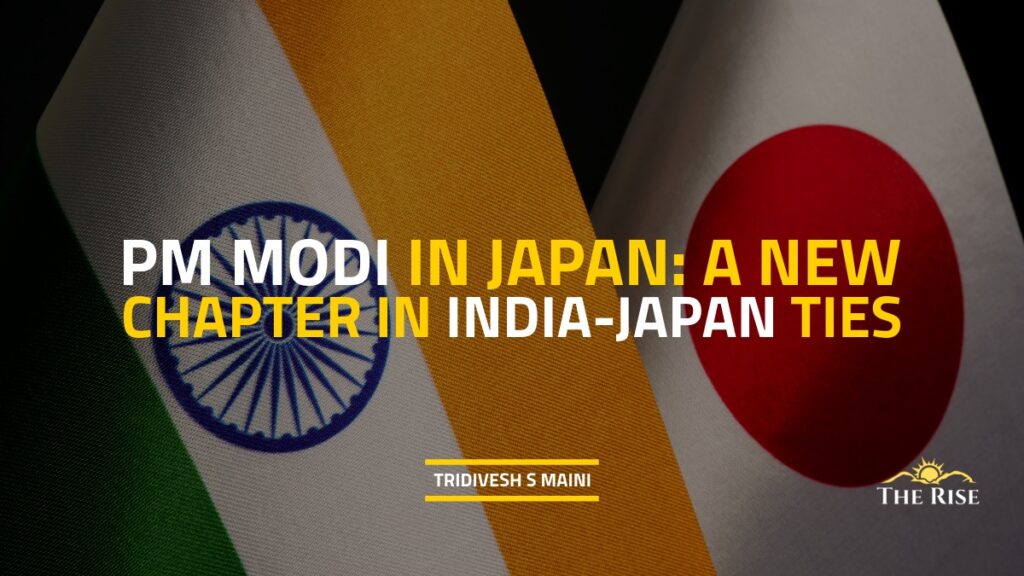











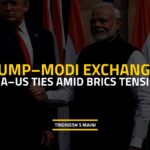










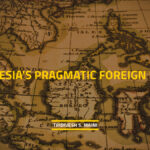







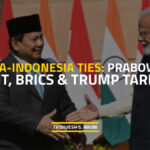



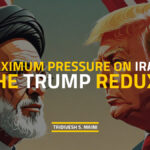

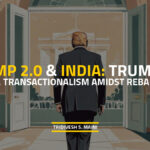







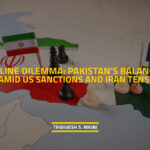



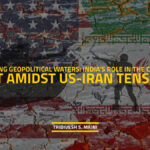




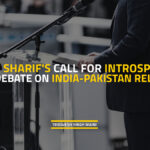












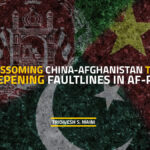










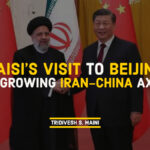







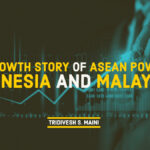


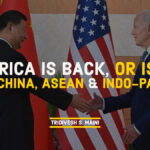

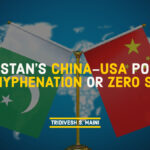
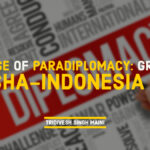





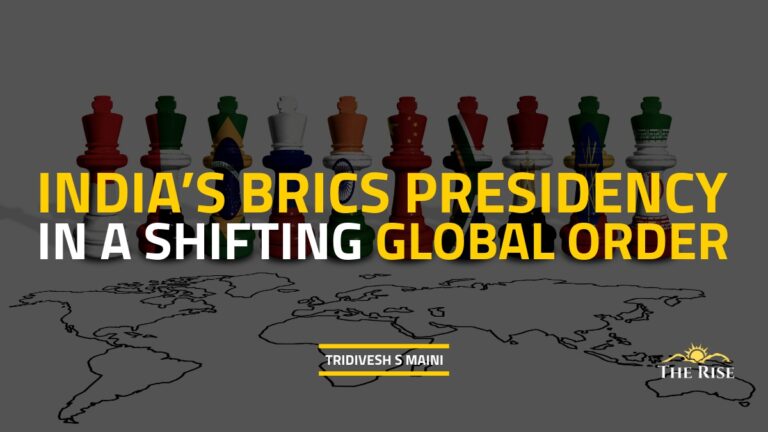



Pingback: Decoding American Foreign Policy - TheRise.co.in